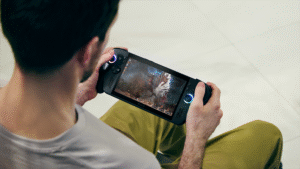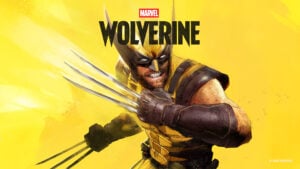Beavis and Butt-Head are the latest pop culture characters to join the Call of Duty universe, with the duo making their debut in both Black Ops 6 and Warzone as part of the Season 4 Reloaded update. The collaboration is part of an in-game event pass that offers themed operator skins and other cosmetic rewards, all styled in a cel-shaded look to match the original MTV animated series’ visual identity.
The crossover continues Call of Duty’s recent trend of bringing unconventional characters into its multiplayer and battle royale modes, adding to a growing roster of collaborations aimed at injecting variety into the game’s aesthetic. Alongside the Beavis and Butt-Head skins, players can also unlock an animated camo as a reward for progressing through the event pass tiers. These items are available for a limited time during the Season 4 Reloaded period and follow the standard event pass structure, which usually costs around 1,000 Call of Duty Points.
While the collaboration is intended to offer a humorous twist, the community response has been mixed. Some players have welcomed the addition, saying it’s a fun break from the game’s usual tone. In contrast, others have criticised the visual style, particularly the use of cel-shading, as being out of place in Call of Duty’s military-focused environment. Online forums show a clear divide between those who appreciate the novelty and those who feel it undermines the game’s established identity.
Beavis and Butt-Head, created by Mike Judge in the early ’90s, were iconic figures of MTV’s animation era and have seen a resurgence in recent years, including a reboot on Paramount+. Their inclusion in Call of Duty brings a distinct brand of nostalgia to the franchise, though not without debate over whether the crossover fits within the broader tone of the series.
Season 4 Reloaded also introduces new maps, weapons, and gameplay updates, but the spotlight is firmly on the unexpected arrival of the two cartoon slackers. Whether the crossover is viewed as a creative shake-up or a step too far, it continues Activision’s strategy of expanding the cultural footprint of Call of Duty beyond its traditional military roots.





















